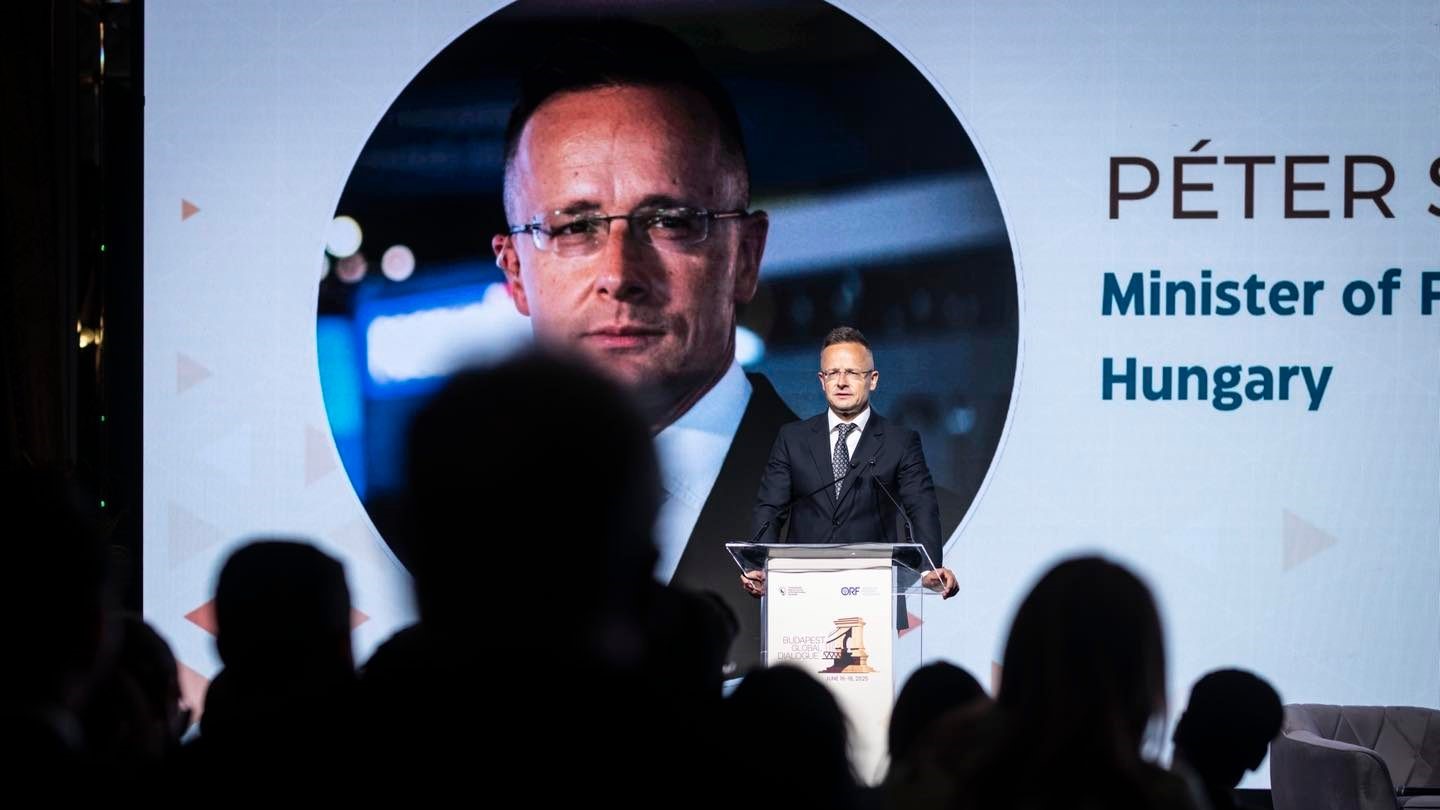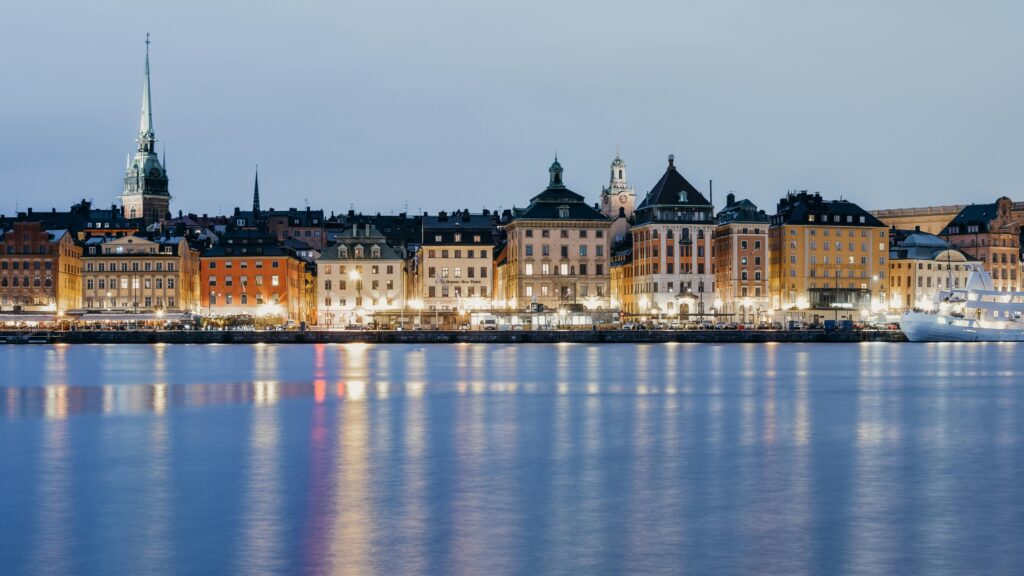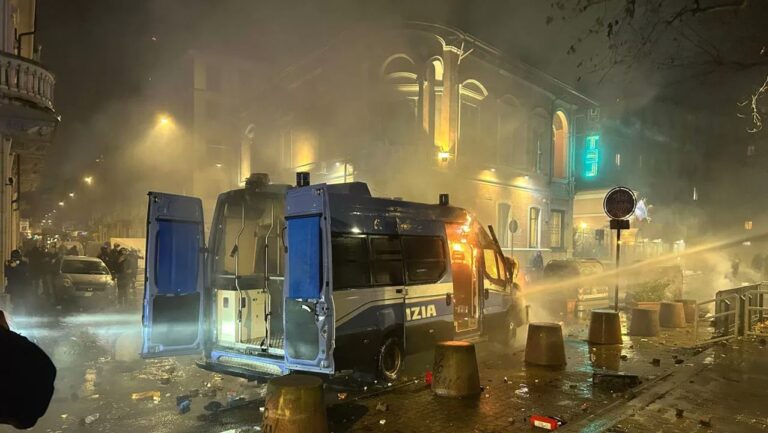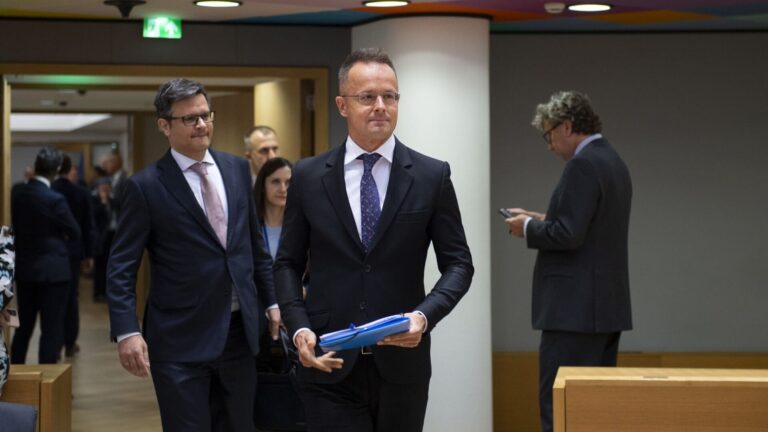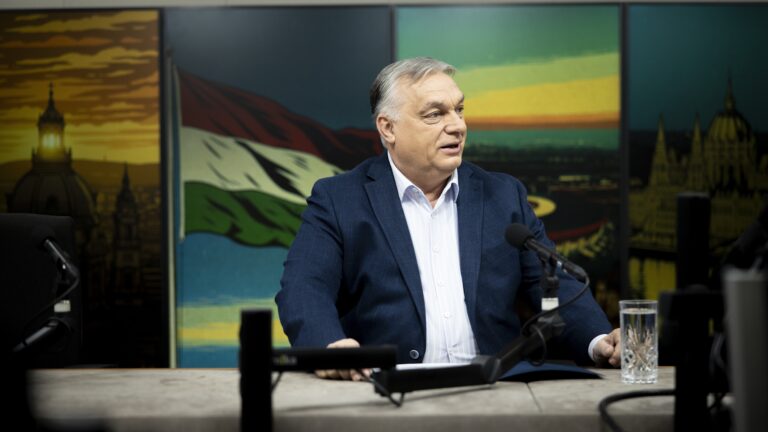Hungarian Minister of Foreign Affairs and Trade Péter Szijjártó opened day two of the Budapest Global Dialogue 2025 with a keynote speech, declaring that a new world order is taking shape after 15 years of continuous global crises—from the 2008 financial collapse to ongoing wars in Ukraine and the Middle East. These events, he argued, have dismantled the illusion of global security and exposed the shortcomings of liberal governance.
‘The world has repeatedly been turned upside down,’ he said, referencing the 2015 migration wave and the COVID-19 pandemic, which, despite technological progress, revealed the enduring need for robust human resources.
Szijjártó identified a shift toward what he called a ‘revolution of common sense’, fuelled by the return of patriotic, conservative leadership—most notably in the US. He claimed that terms like peace and ceasefire, once taboo in Western discourse, are finally returning to the mainstream. The era of what he termed the ‘liberal mainstream dictatorship’ is waning, he said, replaced by a realism that affirms border security, traditional family values, and the enforcement of national laws.
Criticizing the European Union, Szijjártó claimed Brussels is pushing the continent into isolation by reverting to bloc-based divisions that have historically harmed Hungary. He warned that politicized energy policies and sanctions—particularly those targeting Russia and China—have undercut Europe’s economic model and sovereignty.
‘Von der Leyen talks about “de-risking”, while German CEOs are turning to us to help them bring Chinese investment to Hungary,’ he said. ‘That’s what global cooperation really looks like.’
He argued that the EU missed key opportunities, including trade agreements with Africa and Asia, and acted too slowly in addressing American tariffs under the Trump administration.
Szijjártó described Hungary’s strategy as one of ‘economic neutrality’, balancing Eastern and Western investment flows and excelling in industries like automotive and battery manufacturing. He emphasized the country’s record-breaking levels of incoming investment and exports.
‘The EU missed key opportunities, including trade agreements with Africa and Asia, and acted too slowly in addressing American tariffs’
Despite Hungary’s success, Szijjártó acknowledged increasing pressure from Brussels and warned of attempts to drag the country into the war in Ukraine. ‘We’ve supported peace and ceasefire for three years. We support Trump’s peace plan,’ he said, reiterating Hungary’s commitment to staying out of the conflict.
On domestic policy, he doubled down on anti-migration stances, family support programmes—amounting to 5 per cent of GDP, the highest in the OECD—and the need to avoid what he termed a ‘puppet government’ imposed by Brussels.
‘We must continue our patriotic fight for freedom—not just in Hungary, but across Europe,’ Szijjártó concluded.
Related articles:

